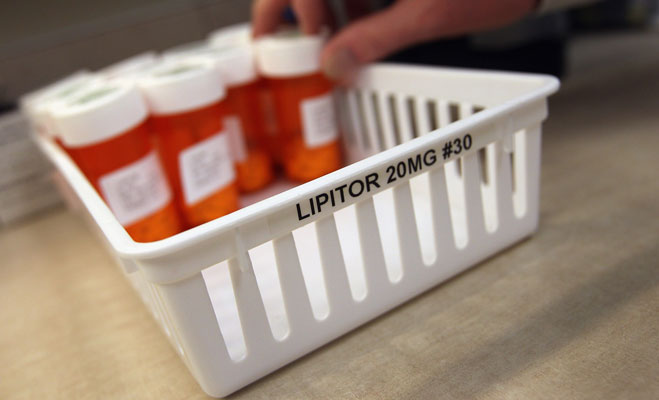Sweeping changes for pharmas?
Reports suggest urgent restructuring required to help mend big pharmas

The pharmaceutical industry is a complex global concern and is currently in a state of flux. Many drug patents are up for renewal, the most famous of these is the cholesterol reduction medication, ‘Lipitor’ which is no longer exclusively manufactured by Pfizer, the world’s largest pharmaceutical company. R&D costs have grown and many of the major pharmaceutical companies are thinking of restructuring in a bid to maintain a healthy balance sheet.
Despite Pfizer’s continued success as the world’s leading pharmaceutical company many industry observers believe that the company has ‘grown too big to succeed.’ Despite having posted revenues of $58,523m for 2010/11, the company had announced in 2011 that it was going to concentrate on profit-making drugs and research and that its other R&D centres would be closed. The loss of the Lipitor patent in December 2011 will have an effect on the company’s profits though other new drug developments are in the pipeline, including research into the insulin market.
Swiss giant Novartis has diversified and is expanding its non-branded business. Novartis, in common with the other pharmaceutical giants will face problems as various licences and patents expire but the company believes that its diversification strategy and its new developments, mainly the FDA approved ‘Gilenya’ for multiple sclerosis, along with many other new products, will help the company maintain its healthy profits. In 2010/11 the company posted a total turnover of $50,324m.
Global management firm Booz & Co has produced a number of reports examining the future of the pharmaceutical industry. In December 2011 the company published its ‘2012 Healthcare – Pharmaceutical Industry Perspective.’ The main thrust of the report indicates that today’s giants in the industry will be facing huge problems in the future. The report recommends strong investment in the area of R&D as this will help companies sustain their momentum with the development of new drugs to replace the profit leaders once the patents expire. The report also indicates that large pharmaceutical companies should be more responsive to regional demand and able to respond to global change far more quickly and efficiently than at present.
In the UK the fortunes of AstraZeneca continue to fluctuate. The company is a very good example of what happens when patents expire and when the R&D hasn’t produced sufficient new research to replace the lapsed patent. The ‘Investors Chronicle,’ highlights the fact that the company paid more attention to budgets than to research and this might be one of the main reasons for the company’s decline. AstraZeneca itself realises its problems and is set to outsource a large volume of its R&D work to outside companies.
Price pressures in the eurozone have also contributed to the industry’s; problems. Greece cut its drugs budget by €1bn in 2010 and the country has further reduced its expenditure in 2011 by €1.25bn. This picture of government cuts is one of truly global proportions which is affecting all companies in the pharmaceutical sector.













